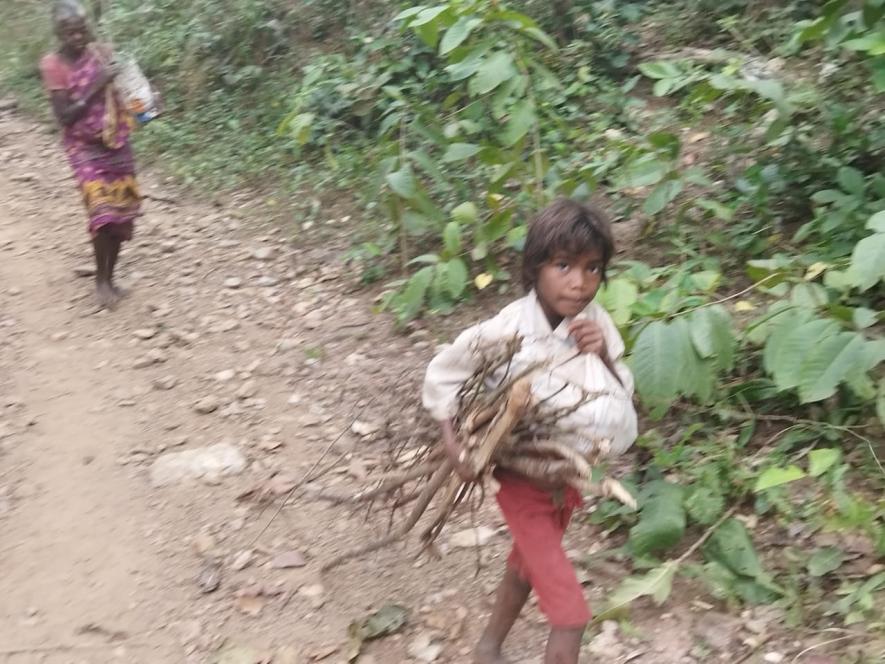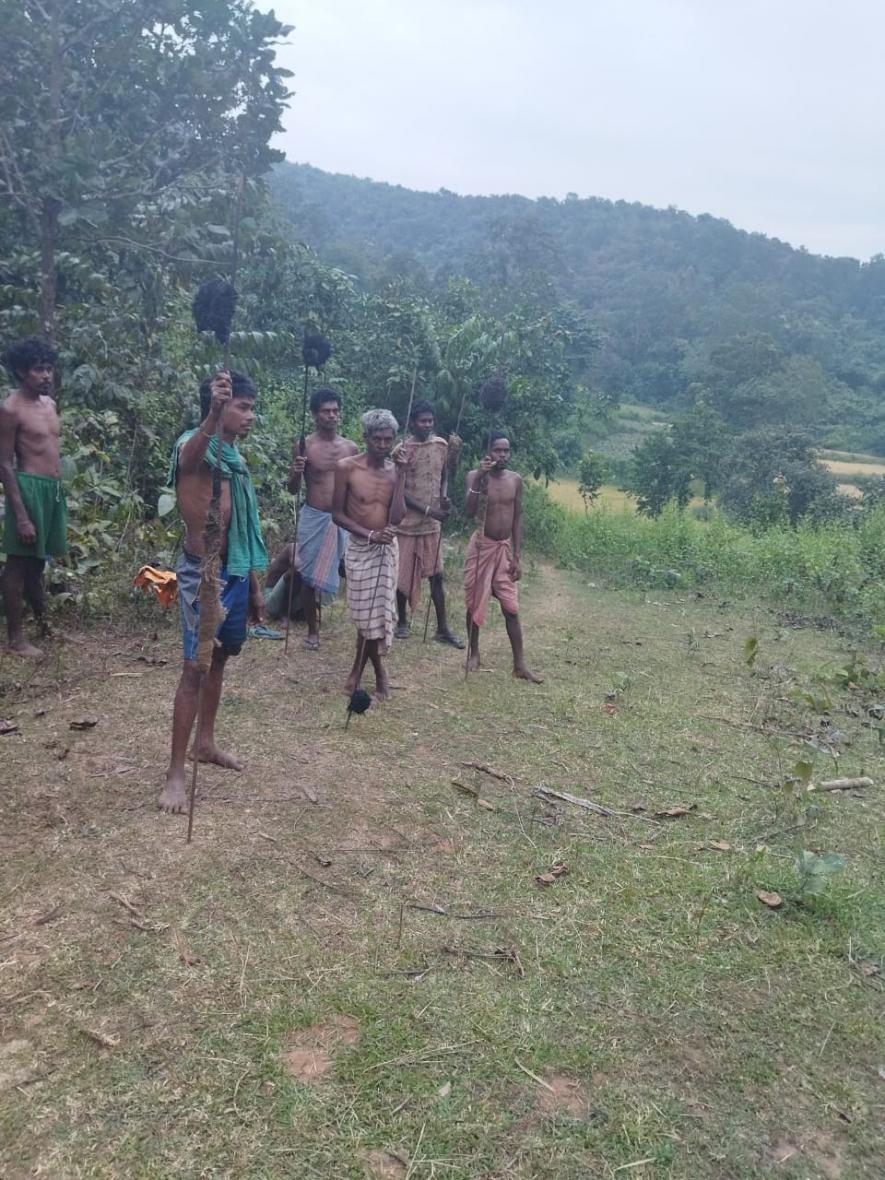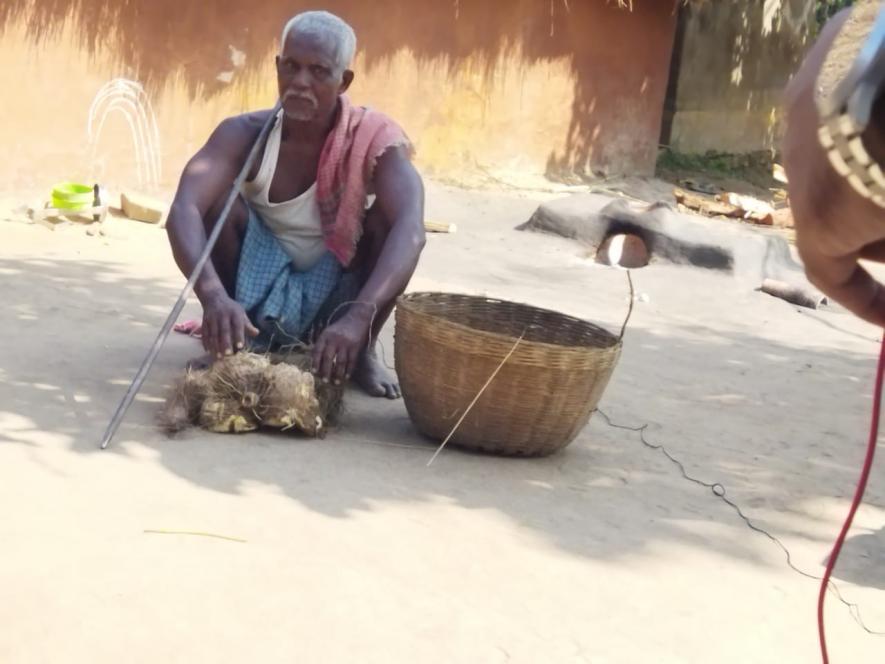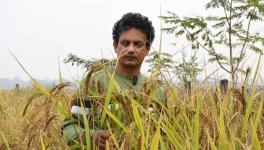Once Hotspot for Maoist Violence, Bandwan Reels From Poverty Under Mamata's Rule

On December 31, 2005, Communist Party of India (Marxist) [CPI(M)] leader and district secretariat member Rabindranath Kar was brutally killed along with his wife in a Maoist attack in Bandwan town of West Bengal's Purulia district. Today, the Maoist violence has subsided, but extreme poverty and underdevelopment have engulfed the region under the Mamata Banerjee-led Trinamool Congress government.
Nearly 252 km away from state capital Kolkata, the jungle hamlets nestled in the hills are still full of hungry tribal families who eat only one square meal a day and send their family members to work as landless labourers to Burdwan.
At Bandwan, the rate of per day engagement of a labourer stands at less than Rs 100, and that too is a job rarely available. "So, we send our youths, both male and female, to work at Rs 250 per day in Burdwan district or at Rs 650 in Gujarat," a local villager said.
One out of every ten youths from the Adivasi Shabar community becomes migratory labourer. The locals told Newsclick about seven Shabar youth who had trudged nearly 2200 km to return home to Bandwan and got rides in vehicles in between for 300 km only during the nationwide lockdown.

In Popo and Golhuda villages, the "bon party", a nickname for Maoists, still evokes fear. Long inaccessible and hidden from the attention of the national media, the tribal villages in the area has now been connected by a narrow but paved road after the change of regime in the state. The road ends at the Shabartola village nestled in the foothills of the ranges that span across the areas bordering Bengal and Jharkhand. Being at the interstate border has made Bandwan particularly vulnerable.
Being highly impoverished, getting land under the Forest Rights Act is a distant dream in Bandwan. The tribal women make broomsticks or disposable plates with sal leaves as the only source of their income in the villages like Golhuda or Popo. The rate of their per day income is a meagre Rs 30.
The Adivasis survive on jungle-based potatoes named chura and baola while consuming rice only once a day. Now, as the central government has stopped giving the five kgs of free food grains through the Public Distribution System (PDS), even the handful of those having ration and Aadhaar cards would not be able to get rice in their meal, according to Fatik Hembram, a member of the PBKSKS NGO operating with the Kheria Shabars -- a stigmatised tribal community in the area.
The villagers of Bandwan are experts in chasing away elephants, and often, the forest department hires them for this job. However, they get their payment through local alcohol, the country-made mohua liquor they consume daily.
Speaking to Newsclick, Dhani Shabar recollected how his community used to own lands in the past, but the other tribal residents of the areas, such as the Bhumij Singh Sardars mistreated them and took their lands in return for providing alcohol.
The director of Kheria Shabar Association, Prashanta Rakshit depicted how other affluent villagers took over their lands and claimed that a football ground for Shabars was suddenly converted into a field for tomato farming by Bhumij Singh Sardars. The said land borders a community hall built for the Shabar diaspora.
Earlier, under the Left rule of the 80s and 90s, strong 60 or 70 years old Shabars used to be seen, but now they are a rarity as the community's average life expectancy has come down below 50 at Bandwan's tribal hamlets, Rakshit said.

Exploitation continues as even bloodstains of Maoist insurgency are yet to dry up in Bandwan where some feel their activities were continuing. On the other hand, the local thikadars build huts under the central Indira Abas Yojana without toilets that are unsuitable for human use. The pucca houses are used to keep animal stocks while the people live in kaccha houses as they are adequately ventilated.
Now, the big business persons of Bandwan are all leaders of the ruling Trinamool Congress. In simple pen and paper, the Maoist insurgency has been declared dead in Bandwan, but the fear of their return and current ruling party leaders being former Maoists, a dread still rules the mindset of people in the former terror hotspot, the interstate Kuchia corridor in Bandwan.
Get the latest reports & analysis with people's perspective on Protests, movements & deep analytical videos, discussions of the current affairs in your Telegram app. Subscribe to NewsClick's Telegram channel & get Real-Time updates on stories, as they get published on our website.























